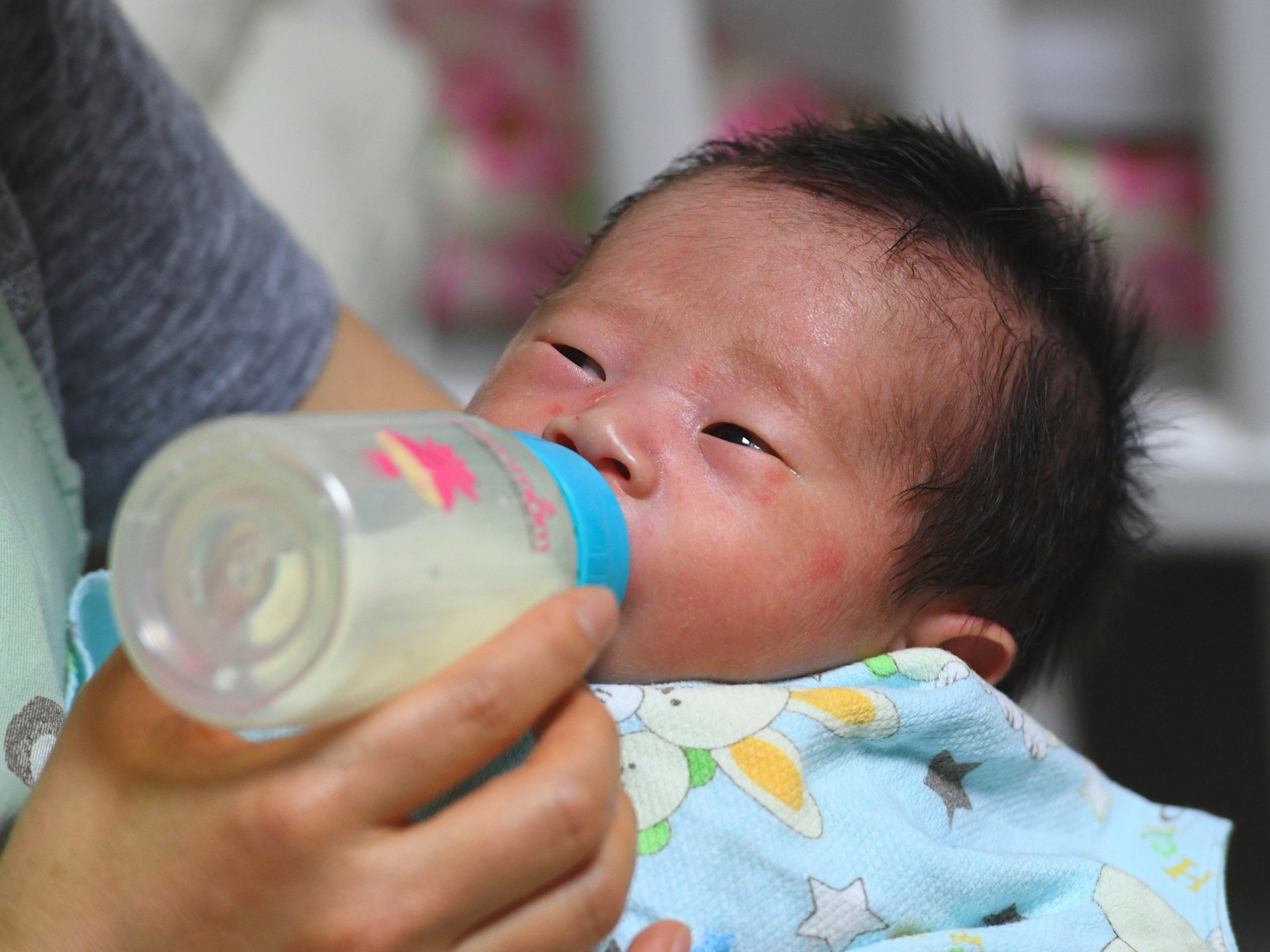After a troubling investigation revealed that South Korea’s government-endorsed foreign adoption program violated the fundamental human rights of adoptees, it is set to end the decades-old practice of outsourcing adoptions to private agencies.
According to the South Korean Ministry of Health and Welfare, the country’s government will adopt a “newly restructured public adoption system” on Saturday, in which state and local governments assume full control over the entire adoption process.
Following the devastating Korean War of 1950-1953, when inter-country adoption was encouraged as a solution, South Korea sent more than 140, 000 children overseas.
A , Truth and Reconciliation Commission investigations revealed earlier this year that the adoption process had been plagued by irregularities, including “fraudulent orphan registrations, identity tampering, and inadequate vetting of adoptive parents.”
The Health Ministry continued, “The new change is a significant step toward ensuring the safety and upholding the rights of adopted children.”
Important decisions will be made by a ministry committee in accordance with the new system, such as matching prospective adoptive parents with children and ensuring the child’s best interests are protected by the “best interests of the child.”
Prior to now, this was handled by significant adoption agencies, which had no control over the state. The government was held responsible for the problems, particularly the failure to regulate adoption fees, which transformed the sector into one based on profit.
The government now assumes full responsibility for ensuring the safety and rights of all adopted children, according to Kim Sang-hee, director of population and child policy at the Ministry of Health and Welfare.
After the Korean War, international adoption was established to bring mixed-race children to a nation that valued ethnic homogeneity.
In the 1970s and 1980s, it overcame post-war poverty and experienced rapid and aggressive economic growth, leading to millions of dollars in international adoption efforts.
The new measure, according to activists, is only a starting point and is insufficient.
While I believe it’s time to end all private adoption organizations in Korea, I don’t believe that letting the state handle new ones suffices, writes author Lisa Wool-Rim Sjoblom, a Swedish adoptee from Korea.
According to Sjoblom, the government should prioritize implementing the findings of the truth commission, issue an official apology, and support the tens of thousands of Koreans who were adopted abroad, according to Sjoblom.
Source: Aljazeera

Leave a Reply